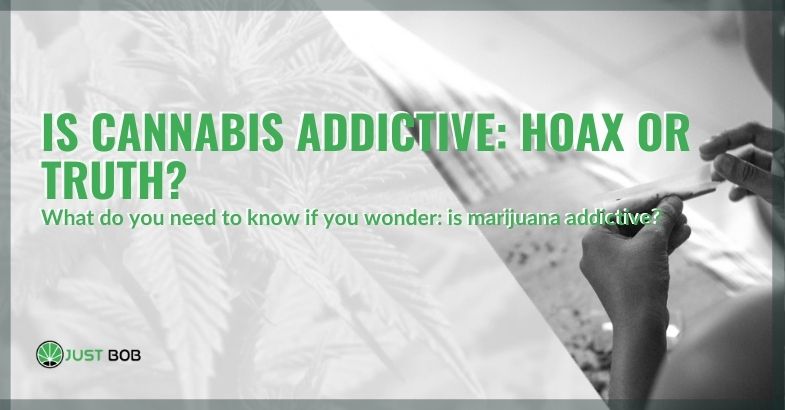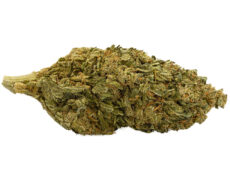Modified on: 19/04/2024
WHAT DO YOU NEED TO KNOW IF YOU WONDER: IS MARIJUANA ADDICTIVE?
Marijuana is increasingly discussed globally, especially with the spread of CBD cannabis, CBD oil and other products derived from it.
Due to prohibition, however, this plant’s information is confusing, and it is difficult to distinguish between hoax and truth. For example, one of the most common questions about this is: “Is cannabis addictive?”.
-
 SMALL & BIG
SMALL & BIGBUBBLEGUM
Starting from: 1,25CHF/gIndoor | CBD – CBDA <22%
Grams3 5 10 20 50 100 -


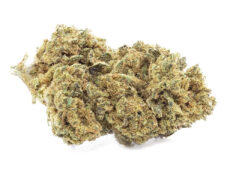
DO SI DOS
Starting from: 2,00CHF/gIndoor | CBD – CBDA < 19%
Grams3 5 10 20 50 100 -


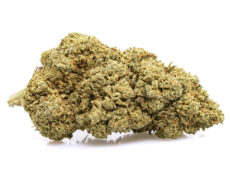
ROYAL GG#4
Starting from: 2,30CHF/gIndoor | CBD – CBDA < 40%
Grams3 5 10 20 50 100 -


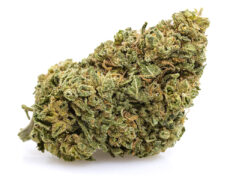
GORILLA GLUE
Starting from: 2,90CHF/gIndoor | CBD – CBDA < 20%
Grams3 5 10 20 50 100
Today we want to provide you with a clear and definitive answer about it, trying to solve all your doubts.
According to the National Institute on Drug Abuse, marijuana can be addictive.
The answer is clear and comes from the National Institute on Drug Abuse, a US government agency. NIDA has published studies stating that 30% of marijuana users may experience pathological cannabis intake, leading to addiction.
The Agency also adds that those who use (intensive) cannabis in adolescence, particularly before the age of 18, are 4 to 7 times more likely to develop a substance use disorder.
Substance use disorder, also called drug use disorder, is continuous and pathological use of a narcotic substance (in this case, cannabis). It evolves into addiction when the user cannot stop taking the drug even if it interferes with regular daily activities.


But be careful because when we mention addiction studies, we are talking about high-THC marijuana, not legal CBD buds. It is precisely tetrahydrocannabinol that, with its psychoactive effects, can make you addicted.
Legal marijuana is relatively rich in CBD and low in THC (less than 1%). Cannabidiol acts beneficially on a physical level. It has pain-relieving, anti-inflammatory, antispasmodic effects and much more. Unlike THC, this cannabinoid does not interfere with our psyche or with the classic daily actions; it is also not addictive and does not lead to a CBD weed use disorder.
Read also: Legal sativa hemp: everything you need to know about it
Now let’s see what the symptoms of addiction to high-THC canes are.
The 10 signs of cannabis addiction.
It seems that most people who develop THC addiction get particular symptoms.
Here is the following:
- Addiction to marijuana, therefore, tolerance to the effects of THC. It means that you need to take more and more of the substance to get the effects experienced earlier.
- Cannabinoid withdrawal.
- Inability to reduce or stop cannabis use despite a willingness to do so.
- Use of several hours of the day destined to get high.
- Reduction of normal daily activities, which are replaced (partially or not) with cannabis use and enjoying the high.
- Choice of activities and attendances based on the possibility of getting high or not.
- Continuing with the use of cannabis even though it interferes with daily activities and causes problems (for example, at work, school, university …).
- See marijuana as the only way to escape problems.
- Depend on the use of cannabis to relax or have fun (failing which you feel uncomfortable or unable to sleep).
- Use more substance than expected (for example, aiming to smoke only one joint a day and then fail, eventually smoking many more).
Many people soon get bored with this condition or, especially in teenagers’ case, have a family that picks up these signs and pushes those concerned to detoxify from cannabinoids. Getting out of cannabis addiction is also possible independently, but it is advisable to ask for adequate medical and/or psychological support.
There are currently no drugs for cannabinoid withdrawal (nor for withdrawal from other substances), but a professional’s help can be of paramount importance.
The detoxification process determines the onset of THC withdrawal symptoms. While they are not as severe as cocaine, heroin, or other drug withdrawal, they can still be problematic.
Cannabinoid withdrawal: frequent symptoms
Cannabis is addictive, but quitting joint after years is possible with a good deal of determination and, preferably, good external support.
Those who detox from THC initially experience the classic joint withdrawal syndrome, which prompts the user to experience the following symptoms:


- Depression
- Anxiety
- Mood swings
- Restlessness
- Sleep disorders
- Lack of appetite
How long does cannabis withdrawal last?
The period varies from person to person but typically ranges from about 1 to 2 weeks.
Read also: The damage caused by the non-legalisation of marijuana
So, can cannabis be addictive?
Yes, it can happen, but some factors increase the chances of becoming addicted to marijuana. Among these factors, starting to smoke joints frequently at a young age (less than 18 years) and long-term use are the predominant ones.
Remember, however, THC is the psychotropic cannabinoid that makes you addicted, while CBD (acting on the body) does not have the same side effect.
Do you want to buy the best CBD flowers or CBD products online, like legal hash and CBD oil?
Visit JustBob, our CBD online shop, now! We are waiting for you!

